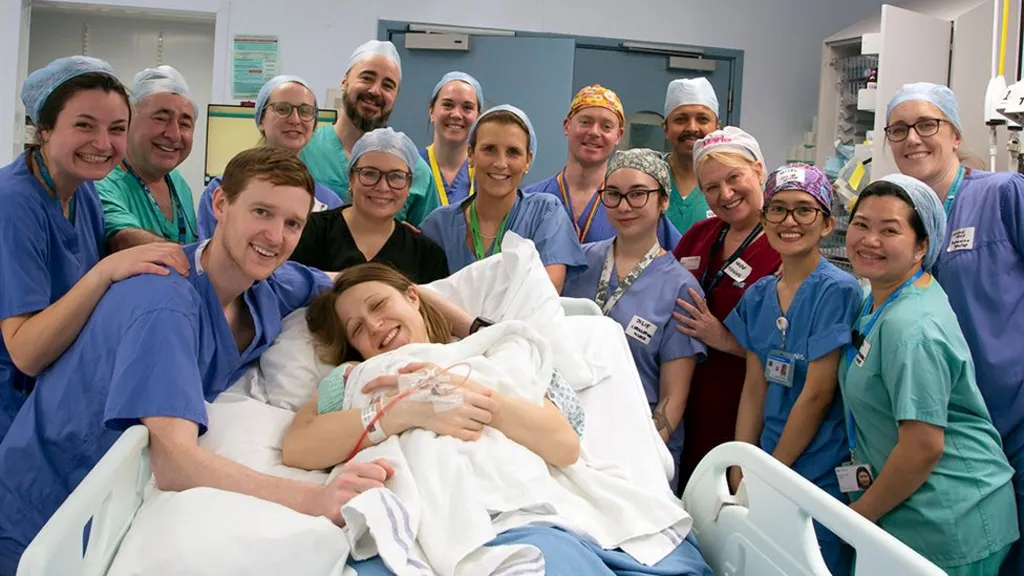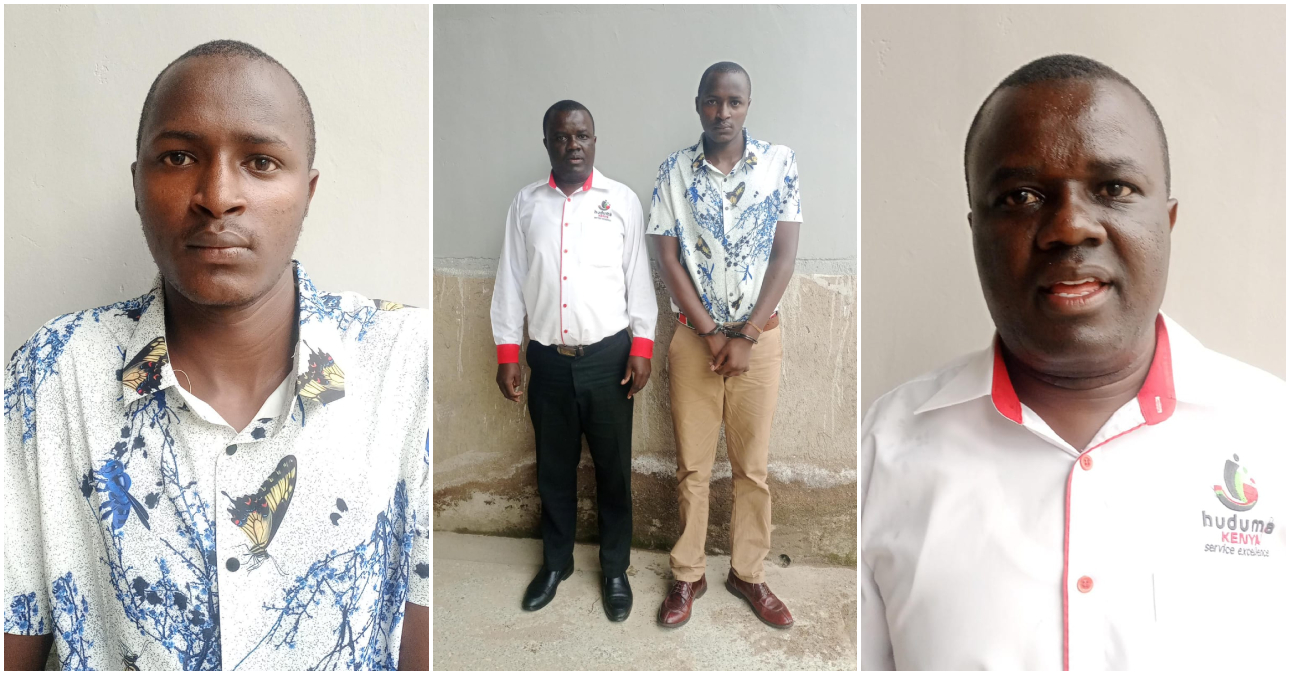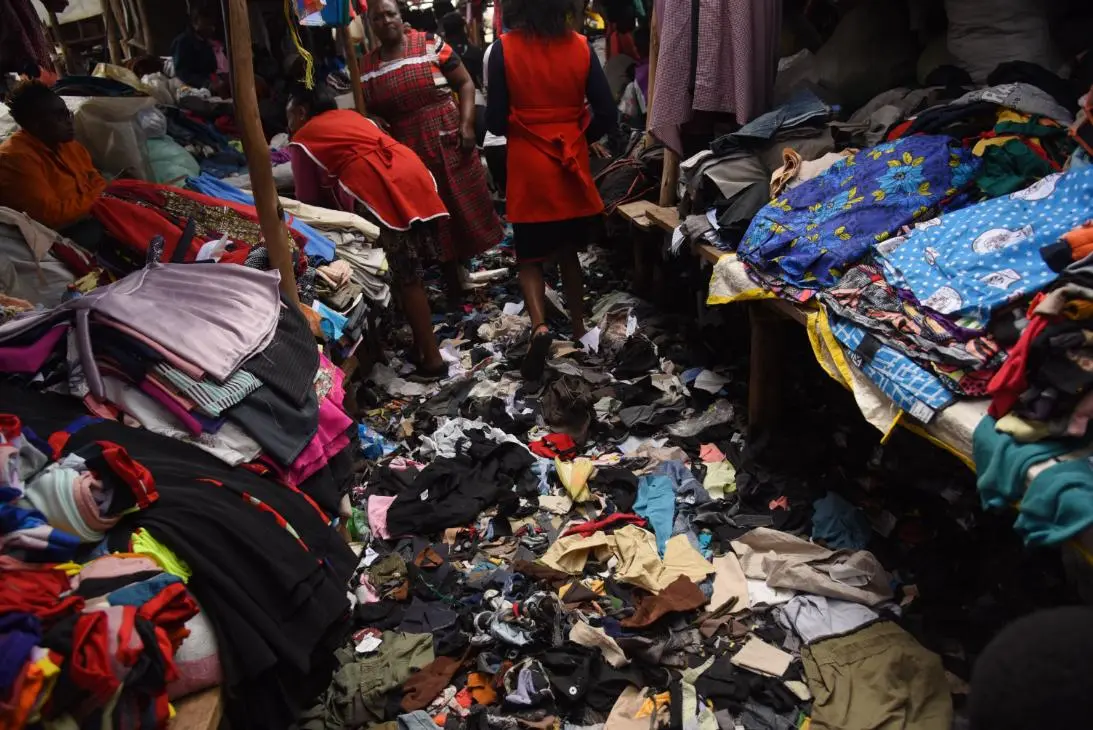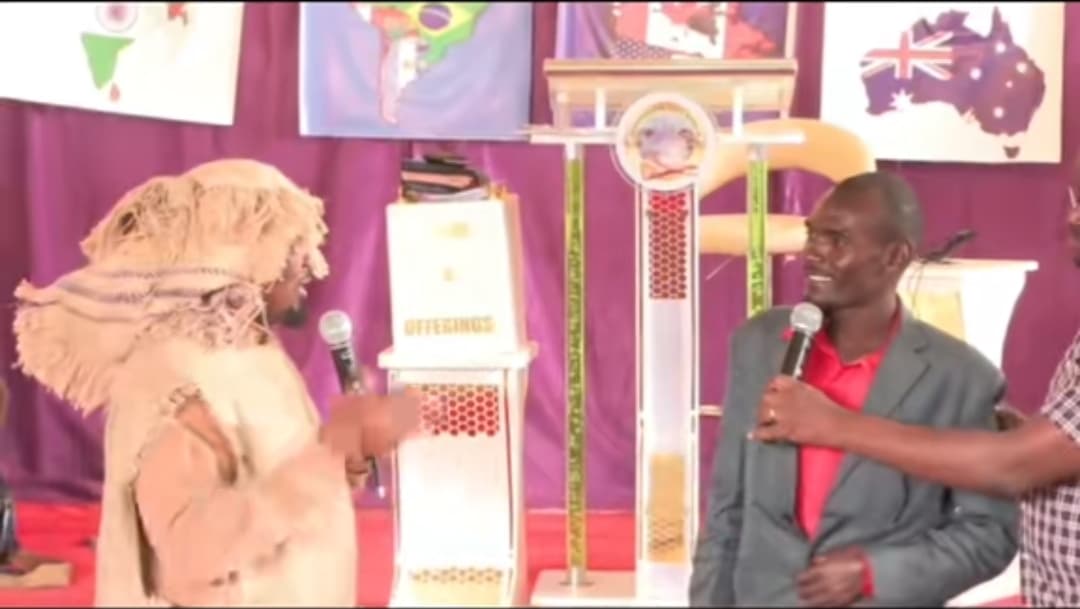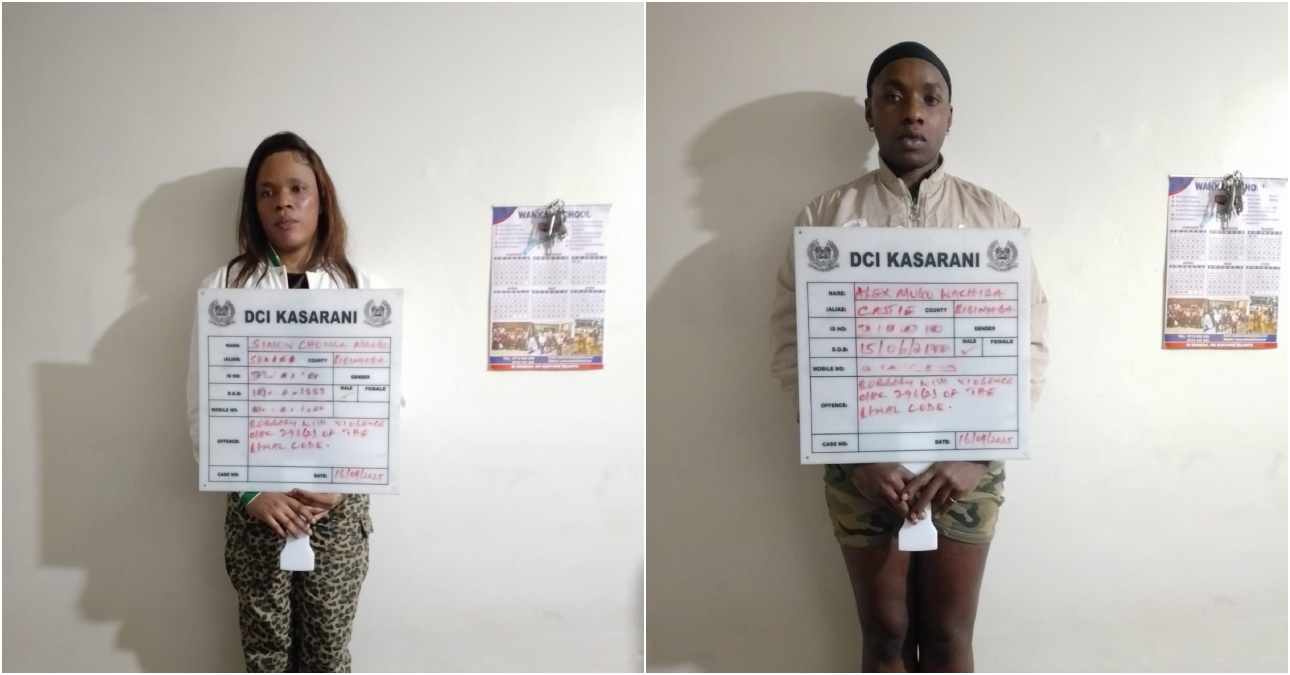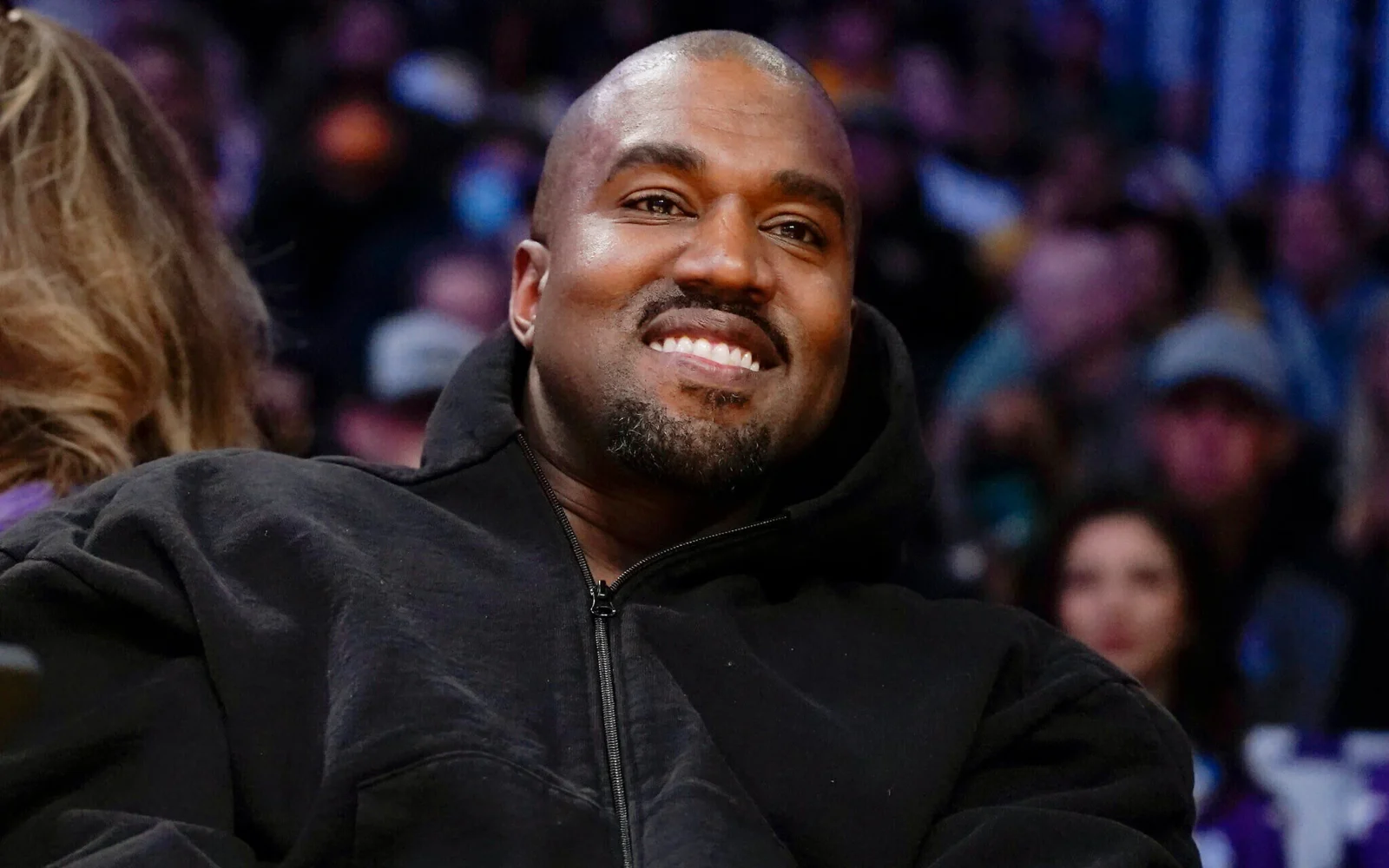In a breathtaking milestone for modern medicine and the boundless power of sisterhood.
A baby girl named Amy has become the first child in the UK to be born from a successful womb transplant.
A transplant donated by her own aunt.
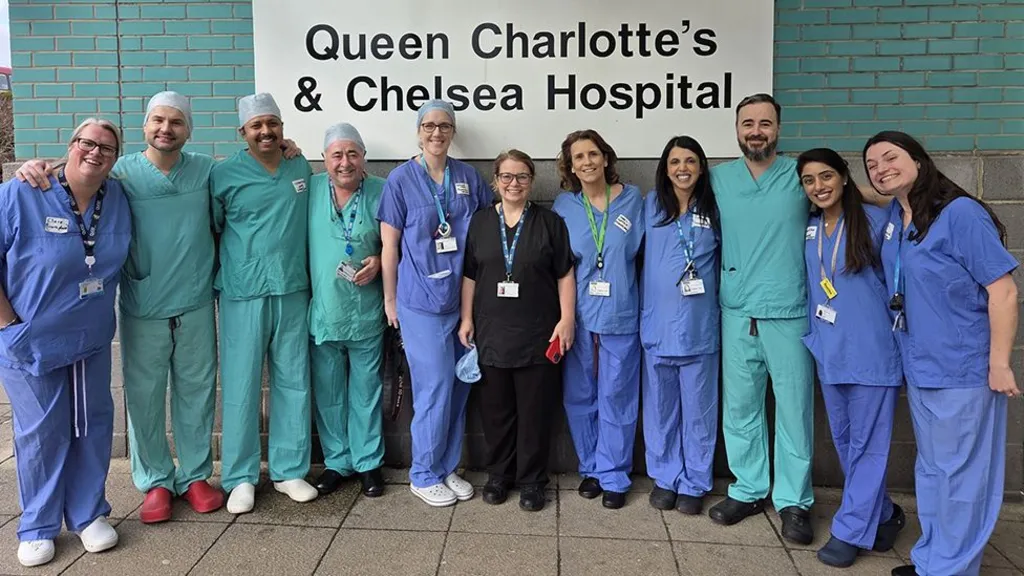
Her mother, Grace Davidson, 36, was born without a functioning womb due to a rare condition called Mayer-Rokitansky-Küster-Hauser (MRKH) syndrome.
Despite having working ovaries, she was told she would never be able to carry a child.
But that didn’t stop her from dreaming.
And when hope seemed lost, her sister, Amy Purdie, made a life-changing offer she volunteered to donate her womb.
After years of medical planning, delays, and emotional hurdles, Grace and her husband Angus, 37, finally held their baby girl in February 2025.
The couple, who live in north London, named their daughter Amy after the sister whose incredible gift made her existence possible.
“Holding Amy for the first time was surreal,” Grace recalled.
“It felt like everything we’d been through suddenly made sense. It was a moment of pure joy.”
Weighing just over 2kg (four and a half pounds), baby Amy was delivered via Caesarean section at Queen Charlotte’s and Chelsea Hospital in west London.
She is a symbol of hope, a medical marvel, and the product of an extraordinary act of family love.
Built on sisterly love
Grace’s journey to motherhood has been anything but ordinary.
Over the years, she considered surrogacy and adoption, but something within her longed for the experience of pregnancy ,feeling a baby grow inside her, the first fluttery kicks, the connection.
“I’ve always had a mothering instinct,” she said. “
But for years, I had to suppress it because the pain of not being able to carry was too much.”
Initially, Grace hoped her mother could be a donor, but that plan didn’t work out.
Then her sister Amy, a mum of two, stepped forward.
“It was an incredibly difficult thing to accept,” Grace said.
“Letting her go through such a huge surgery just for me… it was the most selfless thing anyone has ever done.”
In February 2023, after a global pandemic delayed their plans, a team of over 30 medical professionals at Churchill Hospital in Oxford worked tirelessly for 17 hours to remove Amy’s womb and successfully transplant it into Grace.
Just two weeks later, Grace had her first period—a sign the organ was functioning.
Shortly afterward, IVF worked on the first try.
“It was life-enhancing and life-creating,” said Dr. Isabel Quiroga, the surgeon who led the transplant team. “You can’t ask for more than that.”
The birth heard around the world
When baby Amy was born, the operating theatre was filled with emotion.
“I’m not often lost for words,” said Prof. Richard Smith, who has researched womb transplants for over two decades, “but when she was delivered, we were speechless.
There were tears everywhere.”
Prof. Smith leads Womb Transplant UK, a charity that funded the operation, and said the moment was one of the most profound of his career.
The team has now performed four successful womb transplants in the UK.
Including three from deceased donors and plans to conduct a total of 15 transplants as part of a clinical trial.
The charity says more than 15,000 women in the UK of childbearing age are without a functioning womb, including around 5,000 with MRKH syndrome.
The procedure costs around £30,000, and all the surgeons and staff involved donated their time to make Grace’s dream come true.
What next for Grace and Baby Amy
Grace and Angus hope to try for a second child, using embryos they have in storage.
Once their family is complete, doctors will remove the donated womb.
This will allow Grace to stop taking daily immunosuppressants, which prevent her body from rejecting the organ but increase her long-term risk of developing cancer.


